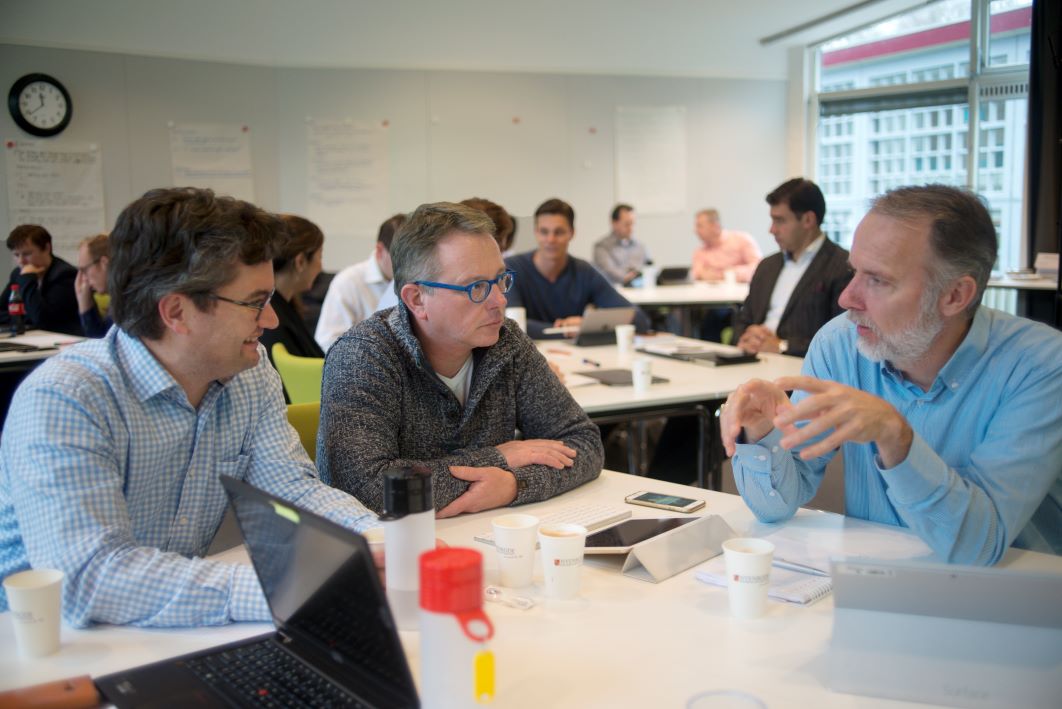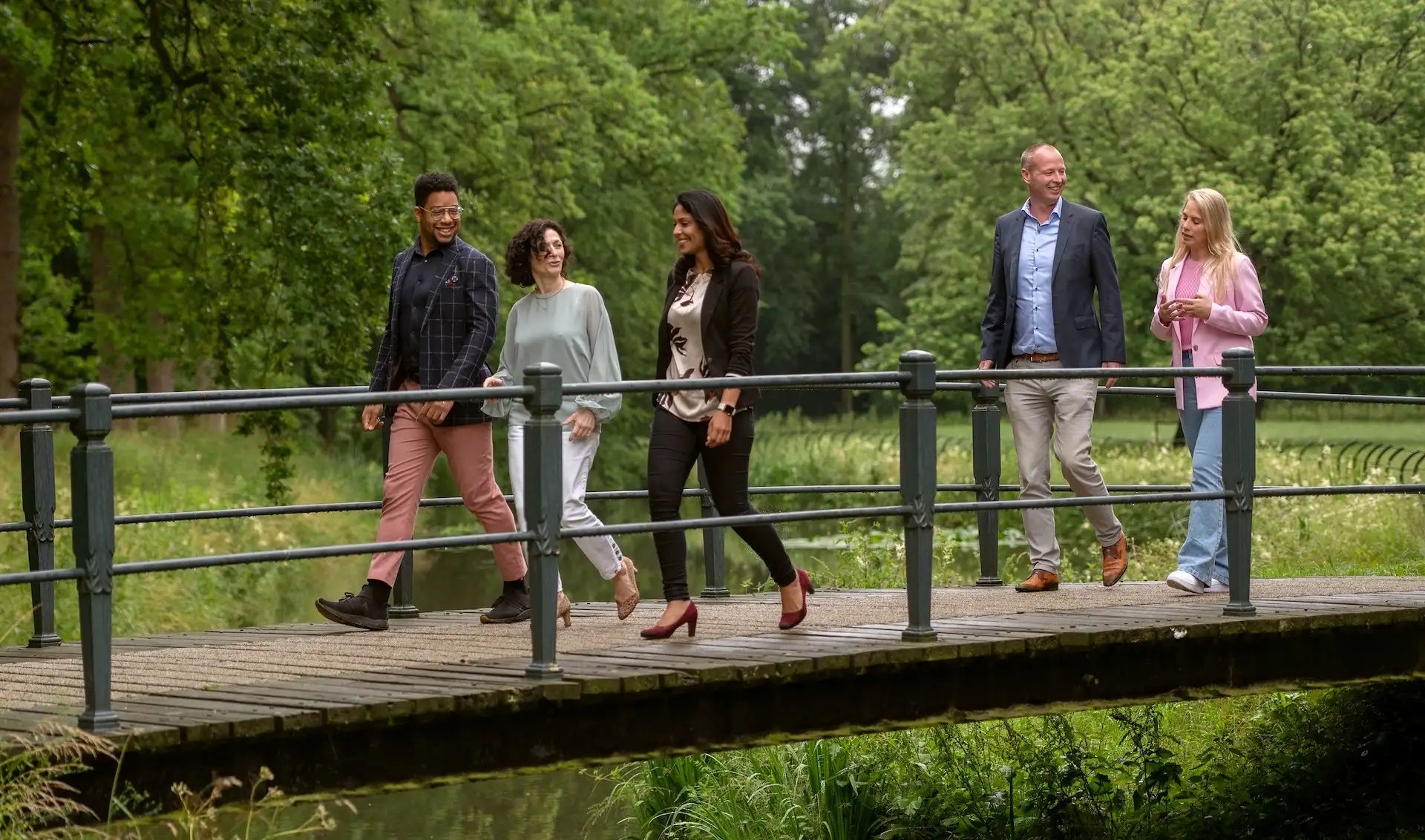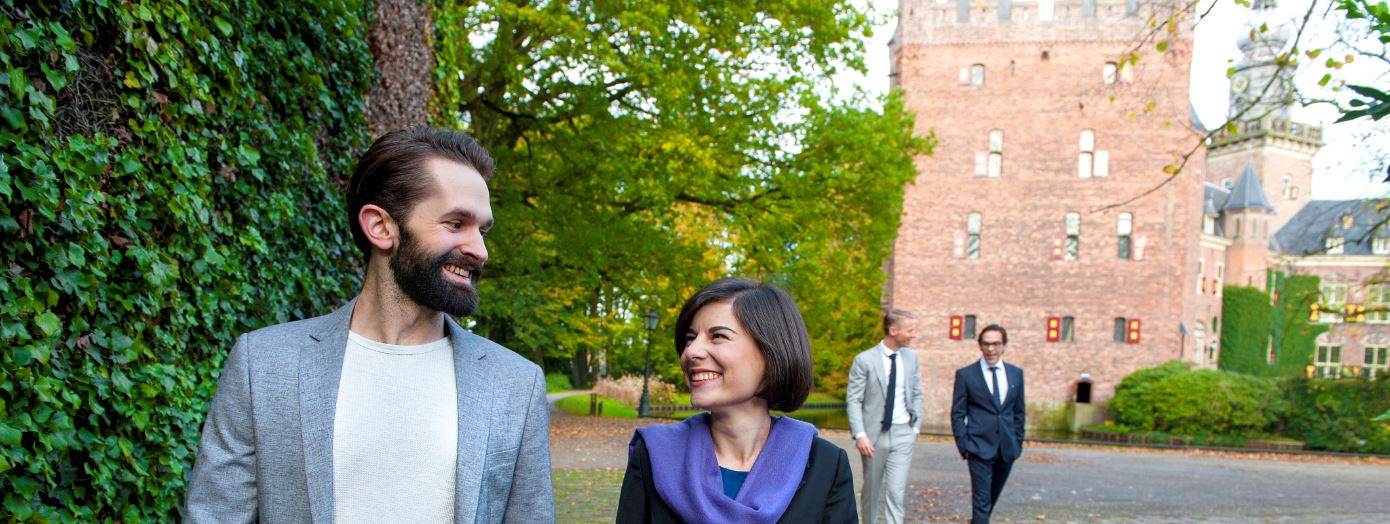Will the corona pandemic lead to an economic and social crisis rivaling to the Great Depression of the 1930s? What can organizations and, especially the CEOs, do about this? The outlook is bleak. Germany’s GDP is expected to shrink by 20%, in the worst case. The US is projecting a very deep recession for the second quarter. The president of the Central Bank of St. Louis even expects unemployment to rise by 30% (Het Financieele Dagblad, March, 2020).
What are the predictions for the Netherlands? Cautious estimates are that the economy will shrink by 3 to 4 percent, although the percentage will probably be much higher. We do not know yet what the consequences will be, but it is clear that the social and economic impact will be significant. How should you, as CEO or chairman of the board, deal with these developments? What are the best practices and what can be learned from current and past crises?
One-way Traffic
During times of crisis there might be a strong need for a more directive leadership style, resulting in one-way traffic from the management, for example, a leader who tells employees what to do in order to achieve certain goals. In an acute crisis, directive leadership can be very effective. In the event of a fire, it is desirable that immediate and adequate action is taken and that one person is in charge and says what needs to be done.
Is a directive leadership style the right answer to minimize the impact of a long-term global coronavirus crisis for society or organizations? Does directive leadership offer prospects for a way up?
Directive leadership presupposes that the leader thinks for others. The directive leader provides direction and tells others what to do. This may be possible in a simple situation, but not in a dynamic setting such as the coronavirus crisis. In a dynamic crisis it is mainly about collaboration, improvisation, empathy and offering frameworks in an adaptive way.
Seven lessons
What can we learn from Dutch Prime Minister Rutte’s television speech on Monday March 16 in which he addressed the nation regarding the corona crisis?
- Facing Reality. This was once the adage of Jack Welch, former CEO of General Electric. Only if you really dare to contemplate the current reality and you can think through the consequences, only then can you take adequate measures. At a time like this we should not be mincing words. Instead, Rutte stated "The corona virus is among us", "There is no easy way out of this situation" and "A large part of the population will be infected with the virus."
- Frame this reality in mental models and plans. Provide a clear and unambiguous framework. Rutte did this by building a wall around the weak by introducing the group immunity principle.
- Dare to reframe when there are new developments and adjust plans accordingly. A vaccine will lead to a different message and plans. Adaptivity is important in times of crisis and is not the same as inconsistency. The latter means changing tack within a framework; adaptivity means changing direction on the basis of new information.
- The framework must be clear to the listener. A framework makes certain values explicit, is credible and leads to rational action. A framework therefore gives meaning to action, but at the same time also sets limits to action.
- Create a network of teams that will work together effectively. The leader depends on others to arrive at the right framework with the accompanying plans. Without the advice, partly resulting from the collaboration between virologists, microbiologists from various University Medical Centers, and the collaboration between hospitals on the capacity of Intensive Care Centers, adequate action cannot be taken. A network that supports policymaking and a network that ensures implementation.
- Empathy makes it possible to make hard decisions because the listener will then feel that his/her concerns matter. Moreover, that he/she has been heard and that what is going on is considered.
- Make sure that results are achieved in the short term. Leadership is largely a process of attribution and there can be no leader without followers. Attribution means that followers ascribe certain events to the actions of the leader. Success is necessary to maintain and strengthen trust in the leader and to enable new measures and to continue to act adaptively.
A Complex Interplay
Leadership is a complex interplay between a CEO, executives who set frameworks and networks of teams that provide advice and ensure implementation. Directive leadership is not the answer to a dynamic and complex crisis. What is needed is an enabling and promotion of cooperation in and between teams, a show of empathy and a setting of frameworks. Furthermore, make clear what the boundaries are and maintain them. However, above all, show adaptivity in an uncertain and dynamic context.
Jaap van Muijen is professor of Psychology, especially leadership development and personal development.
Related programs
-
Cooperation and Leadership
Start date: September 10, 2025Language:- Dutch
Location:- Breukelen
This module is only given in Dutch. Please visit our Dutch site.
View program
-
Global HR Leadership Program
Start date: June 4th 2026Language:- English
Location:- Breukelen
- Other...
The world of HR is changing. A 6 Months Blended Learning Journey To UNLOCK Your Potential
View program
-
Cooperation and Leadership
Start date: March 4th 2026Language:- Dutch
Location:- Breukelen
This module is only given in Dutch. Please visit our Dutch site.
View program
-
Global L&D Leadership Diploma Program
Start date: March 26, 2026Language:- English
Location:- Amsterdam
- Online
- Other...
Get new insights on how organizations can be more effective and efficient in developing their people by following the Global Master Program: L&D Leadership
View program
-
Leadership and Cooperation
Start date: March 16th 2026Language:- Dutch
Location:- Breukelen
The module Leadership and Cooperation prepares you for the leadership of the future. Part of the modular MBA Business & IT.
View program

